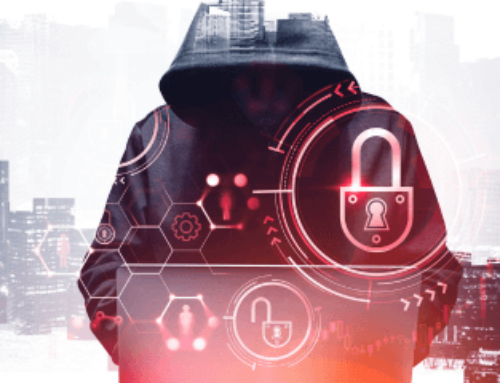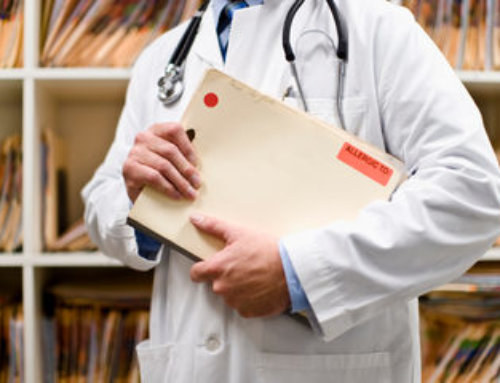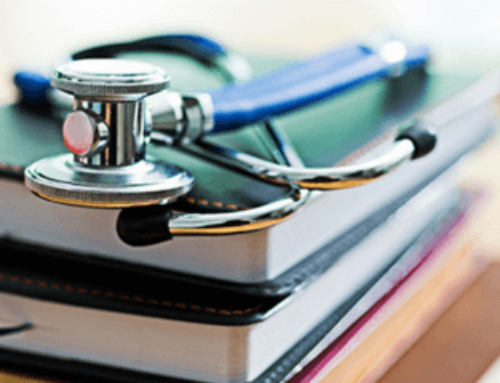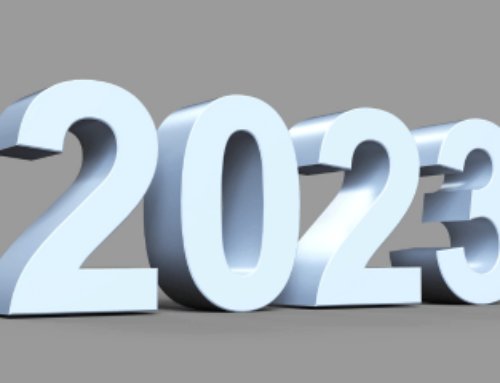On March 26, 2020, AASM Public Safety Committee Vice Chair Dr. Shannon Sullivan talked with Dr. Brandon Peters-Mathews, a sleep medicine physician at the Sleep Disorders Center at the Virginia Mason Medical Center in Seattle, to discuss how his sleep center is managing patient care during the COVID-19 outbreak. The discussion is part of the Clinical Conversations: COVID-19 series.
You can play the video for the full conversation or review the highlights and summary below.
Highlights
- While Virginia Mason tried to minimize disruption as much as possible, for the safety of patients and providers, it transitioned clinical care to telemedicine and suspended all in-lab sleep studies and home sleep apnea tests the week of March 23.
- Having a telemedicine champion who can prepare office staff and medical providers for this new approach to care will make the transition easier.
- Keeping patients on the schedule will help everyone stay on track. Continue care through telemedicine or reschedule their appointment or study for several weeks down the road. Even if it has the be rescheduled again, the patient won’t be forgotten.
- Patients using PAP therapy who have symptoms of COVID-19 should isolate themselves from the rest of the household to be cautious of the possibility of aerosolized virus particles. Symptomatic patients should be managed on a case-by-case basis, depending on the severity of their sleep apnea, comorbidities and severity of COVID-19 symptoms.
- Support each other. Keep a routine and schedule as much as possible, be nimble and flexible, and be prepared for the possibility of being called to the front lines to fight this pandemic.
Summary
While the state of Washington was an early epicenter of the coronavirus in the U.S., the governor didn’t mandate shelter-in-place until March 23. That week, Virginia Mason’s Sleep Disorders Center transitioned all patient visits to telemedicine and deferred in-lab sleep studies and home sleep apnea tests. The sleep center worked to maintain normal operations for as long as possible, and he believes Virginia Mason was the last sleep center in the area to close. Most medical equipment will be delivered to patients’ homes, where they can be instructed on proper set up and use via telemedicine.
Virginia Mason was already developing procedures to implement telemedicine, so the clinic was able to transition quickly. Dr. Peters-Mathews noted that telemedicine is more than just turning on a webcam, and staff members have been preparing for different approaches to scheduling and billing. Patients are notified of the switch to telemedicine, and those who don’t have the ability to connect via video are able to schedule phone consultations instead. While sleep studies have been postponed, they’re being rescheduled immediately so patients aren’t lost in the shuffle. While they may have to be rescheduled again, there’s less chance they’ll fall off.
Dr. Peters-Mathews said there’s a lot of anxiety surrounding COVID-19 that comes across in different ways regarding the management of sleep disorders. There is evidence that PAP therapy could aerosolize viral particles, and he recommends that patients with symptoms of the virus isolate themselves from people in their home. If there’s someone in a COVID-19 household who uses CPAP, they should be protected from the infected patient as well. Decisions regarding CPAP treatment will be individualized, said Dr. Peters-Mathews, depending on the severity of the patient’s sleep apnea, comorbidities and virus symptoms. He said that someone with mild sleep apnea who is not overly symptomatic could stop using CPAP for the time being, but he warns that should only be done with the guidance of the sleep physician. People should avoid drowsy driving during the period they are changing their therapy.
CPAP users should continue to follow the cleaning recommendations of their equipment provider: Soak in soap and water for 20-30 minutes, rinse and air dry; replace cushions and filters at least monthly; replace mask and tubing every three months. Dr. Peters-Mathews doesn’t recommend sanitizing machines and said there’s no evidence that they increase safety beyond the standard cleaning recommendations.
Adapting and making changes as needed is key to responding to COVID-19, said Dr. Peters-Mathews. Initially, he said the center tried to maintain business as usual, but it became apparent that it wasn’t safe to have patients come in for routine sleep medicine care. While the current situation isn’t ideal, it will bridge services during this public health emergency. He expects additional challenges, such as sleep doctors and respiratory therapists being called to the front lines of the pandemic, especially because they’re adept at managing ventilated patients. He encourages everyone to support each other and put safety first.








